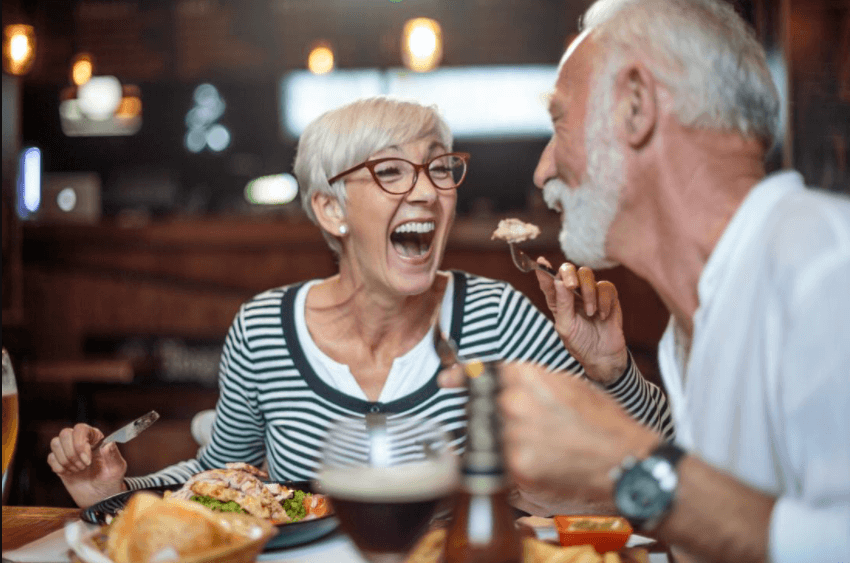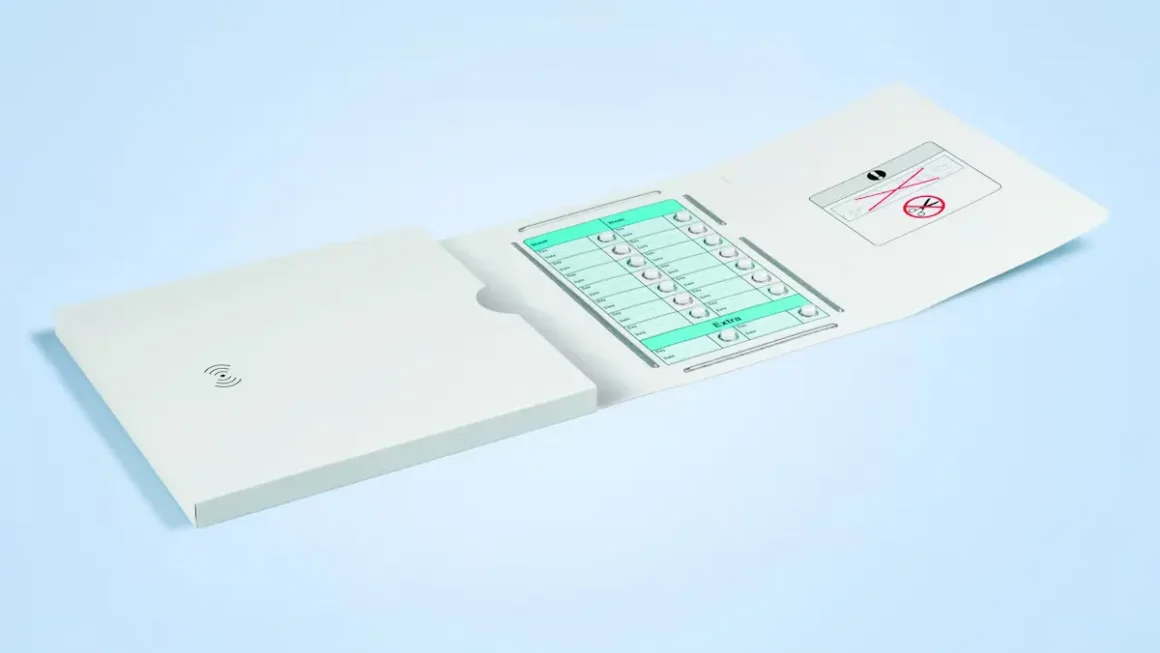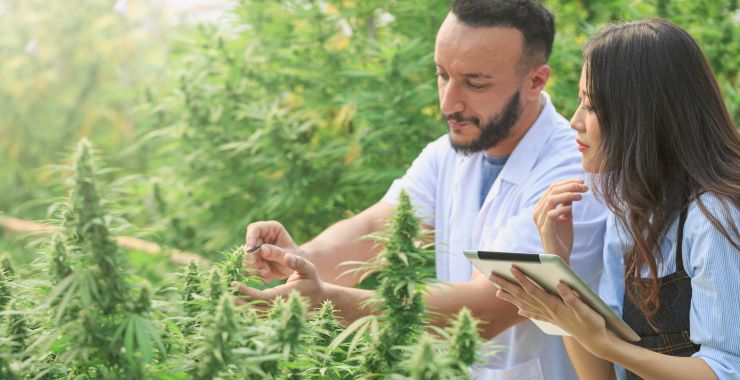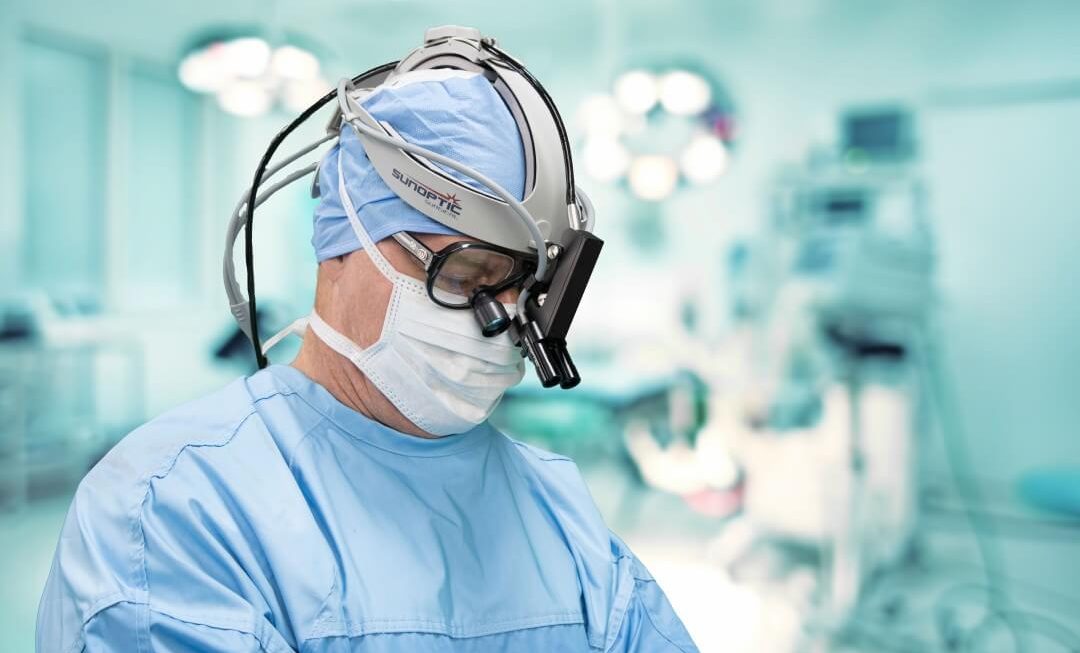Nutrition is obviously important to everyone. The food we eat offers the very building blocks we need to live a long and healthy life, and from the moment we are born to the time we are classed as elderly, our bodies have very different needs. There are approximately 49.2 million seniors in the USA, which means that 15 percent of the population have varying and specific needs that are different from the rest. Many of us are aware of the dietary requirements for babies to young children, from athletes to bodybuilders. Still, perhaps it is less known or spoken about what an elderly body would benefit from and what nutritional requirements can help the body run to its full potential, thus helping the elderly person live their best life possible.
This piece will dive into the world of nutrition for the elderly, what they might need more than others and how different foods can benefit them in various ways!
Our Bodies Change as We Get Older
While it might be stating the obvious, it is clear that our bodies change as time goes on. This is from a combination of internal and external factors, and everyone’s rate of change is different. The one thing that the elderly have in common will be factors such as nutrient deficiency. As the body ages, it is common to find it more difficult to absorb different vitamins and minerals, which means that supplements are necessary for upping and maintaining optimum health.
One of the main vitamins that seniors seem to struggle with absorbing is Vitamin B-12. There are a few reasons for this. As we age, we might find that we have more problems digesting nutrients from our foods, which is why it is important to keep an eye on senior’s vitamin levels. Other factors that can contribute to poor absorption include any surgeries that may have affected a part of the body used for absorption, such as the small intestine. Also, those who might drink alcohol regularly or have an alcohol problem might find that their bodies cannot absorb much-needed nutrients because the stomach lining is inflamed. Whatever the reason, a supplement or a diet that is rich in Vitamin B-12 is vital. Vitamin D also needs to be considered too, as some seniors cannot leave the house often. This can contribute to a significant lack of Vitamin D, which is vital for bone health, combatting fatigue, and the body’s general running.
They Have Lower Calorie Intake
Despite the fact that many of our grandmas seem to have a seemingly endless supply of biscuits, we naturally limit our calorie intake as we get older. This happens for a few reasons. Our metabolism starts slowing down around the age of 30, so by the time we reach 55 – 60, everything is processing at a much slower rate, and we also have less muscle mass. This means the body does not need as much energy to burn, not unless you are very physically active! Couple this with a diminished appetite, which can also happen as we age, and it can be difficult to get seniors to have a suitable intake of calories.
Up That Protein
Because the elderly lose muscle mass as they age, this can leave them fragile. This means more prone to bone breakages, accidents, and other unpleasant effects such as bad bruising. Therefore, it is important for them to up their intake of quality protein to counteract the more negative effects of aging. Good quality sources of protein include steak, beef, chicken, and also pulses such as beans, chickpeas, and lentils. The downside to this is that meat can be expensive and more difficult to get a hold of if you are limited in mobility. Still, if you are in a quality care residence such as assisted living new jersey, you will find that they offer an all-day restaurant with fresh quality ingredients – meaning there is no need to worry about preparing your own quality healthy meals.
The Best Brain Foods
While your brain uses fuel from any foods you eat, there are some foods that can be particularly more beneficial than others. Did you know the brain is around 60% fat? Essential fatty acids can help contribute to the health and functioning of the brain such as memory, energy, the ability to focus, and attention. Despite this being a clearly important nutrient for the brain, the body does not actually make its own source of essential fatty acids, which means they need to be included in dietary intake.
There have been many studies that talk about the evidence that consuming essential fats
plays a vital part in improving your cognition or thinking abilities, which as we know diminishes as we get older. This can be worse for some more than others, and some are unfortunate to experience age-related brain diseases such as Alzheimer’s and dementia, but eating these fatty essentials can help protect the brain and improve the structure of neurons.
So, where can we get our essential fats from? Sources of essential fats include fatty fish such as tuna, salmon, mackerel, herring, and sardines. If you are not a fan of fish, or you are vegan or vegetarian, you can also opt for nuts such as walnuts and seeds such as flaxseeds and pumpkin seeds.
Stay Hydrated
It has been suggested that we absorb 20% of our water intake from the food we eat. It can be difficult for the elderly to stay hydrated because as the body ages, it is harder for the body to retain water. Sipping water throughout the day might not be practical for the elderly, especially if they have swallowing problems, so keep their water intake up by offering foods with high water content. Watermelon, strawberries, and oranges are among some of the most hydrating foods, and you can also get creative by making homemade yogurt ice-lollies or a vegetable snack platter.




